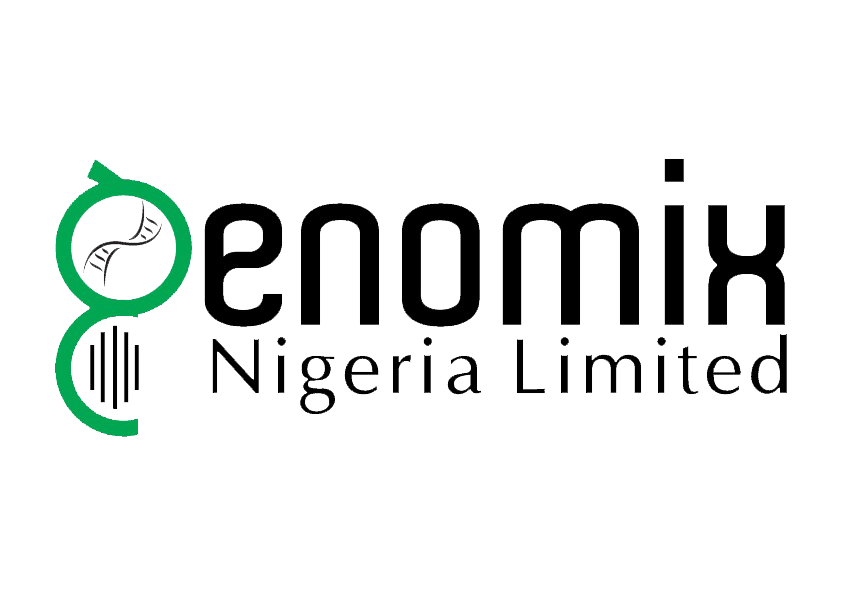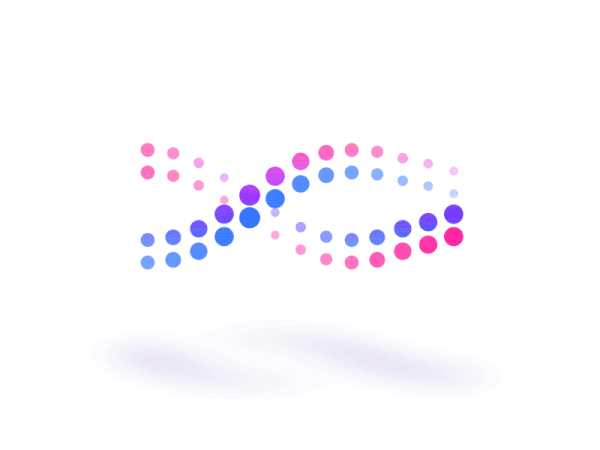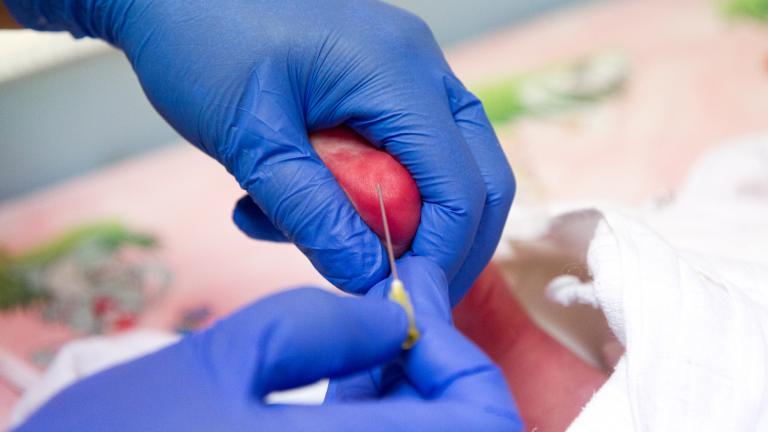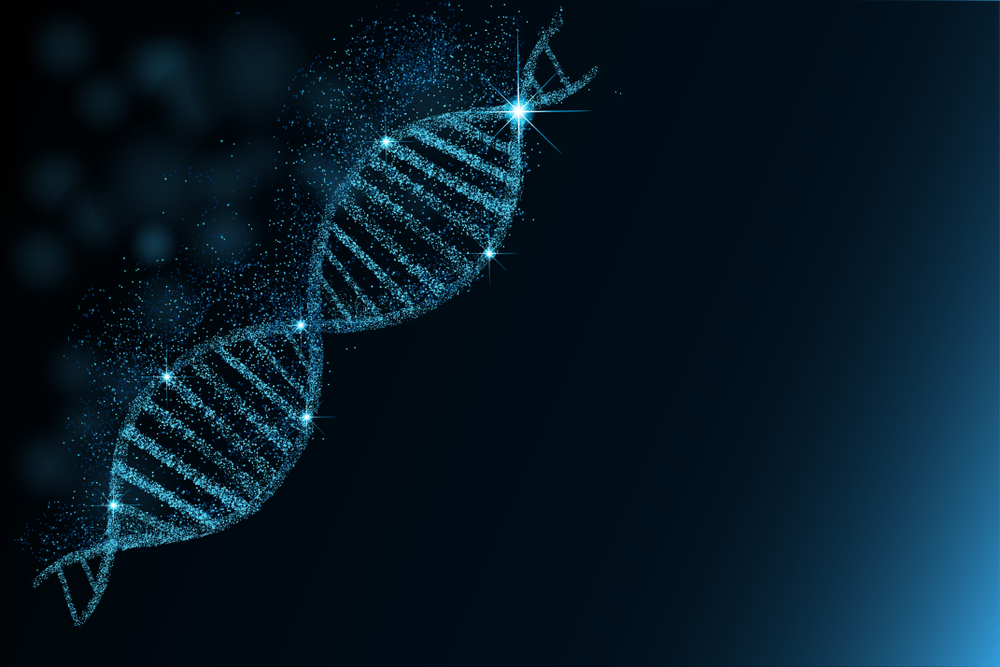
Hemoglobinopathies are diseases that affect the formation of the red blood pigment hemoglobin. The diseases are common in Nigeria and Africa in general.
Among the most common hemoglobinopathies, alpha and beta thalassemias are caused by altered hemoglobin molecules, which can lead to multiple organic lesions. Thalassemias are characterised by an abnormal haemoglobin production that can lead to anaemia and destruction of red blood cells. Alpha and beta thalassemia, the two main types of thalassemia, are caused by inadequate production of the α (alpha) and/or ß (beta) globin molecule.
Depending on the severity of the condition, the quality of life of the patients may be severely limited and their life expectancy significantly reduced.
Symptoms of thalassemia vary from mild, to severe and even fatal. In certain ethnic groups, the prevalence can be as high as 30 percent, with up to 90 percent as carriers.
It is hypothesised that alpha and beta thalassemia are more prevalent in malaria exposed regions due to improved disease protection.
They are distinct hematologic disorders caused by a defect in globin chain production. There are many thalassemia variants that result in people being carriers but not necessarily patients.
Thalassemia is highly heterogeneous and presents challenges to clinicians and laboratories alike. With the changing patterns of thalassemia syndromes, there is increased demand for testing.
Alpha-thalassemia is caused by defects on chromosome 16p, where the alpha globin cluster is located, while beta-thalassemia is a defect on chromosome 11.
Thalassaemia is the most common inherited blood condition in the world. It is caused by changes to the genes for haemoglobin – a protein in red blood cells that carries oxygen around the body. Changes affecting haemoglobin result in severe anaemia.
Thalassaemia is usually diagnosed within the first six months of life and can be fatal in early childhood without ongoing treatment.
Alpha-thalassaemia involves genetic changes in two genes (HBA1 and HBA2). Beta-thalassaemia involves changes in one gene (HBB).
Thalassaemia minor refers to people who have genetic changes in one copy of the HBB gene (for beta-thalassaemia) or in one copy of each of the HBA1 and HBA2 genes (for alpha-thalassaemia), but still have second copies of these genes that don’t have genetic changes. These are known as ‘carriers’ of the condition.
People who are carriers have mild or no symptoms, but they carry the genetic changes and can pass them on to their children. Thalassaemia minor can refer to people with either alpha- or beta-thalassaemia.
If you are diagnosed with beta-thalassaemia minor, you have one changed copy of the HBB gene, and one unchanged copy of the gene. Because you have one functioning copy of the gene, your health is not affected by beta-thalassaemia. The only way to detect if someone is a carrier is by a specific blood test for thalassaemia.
Thalassaemia major refers to when you have changes in both copies of the affected gene or genes. This means that you have no fully functioning copies of the genes.
You could be with either alpha- or beta-thalassaemia.
If you are with either alpha- or beta-thalassaemia major, you will have symptoms associated with the condition. Beta-thalassaemia major is more common than alpha-thalassaemia major.
If you and your spouse are carriers of the same type of thalassaemia, any of the following could apply to your children:
- 25 percent risk of developing thalassaemia major because they inherited the thalassaemia gene from both of you
- 25 percent chance of not inheriting the thalassaemia gene at all
- 50 percent chance of inheriting the gene from one parent and becoming a carrier
Symptoms appear in early childhood. They include:
- severe anaemia – red blood cells are produced without enough haemoglobin to carry oxygen
- paleness
- sleep difficulties
- poor appetite
- failure to grow and thrive
- enlargement of organs – such as the spleen and liver.
There is no cure for thalassaemia major and treatment must continue for life. Ongoing treatment includes regular blood transfusions to boost haemoglobin levels in the blood. These transfusions can lead to a build-up of iron that can cause serious side effects, including diabetes, heart failure and liver disease.
Thalassaemia can be diagnosed through genetic tests and pre-pregnancy. It is recommended that couples at risk should be tested for thalassaemia carrier status, especially before starting a family. Couples may also choose prenatal diagnosis with the option of terminating the pregnancy if the foetus is diagnosed with thalassaemia major.
If thalassaemia runs in your family, a genetic counsellor can explain what genetic testing options are available to you and other family members. You may choose to visit a genetic counsellor if you are planning a family – to find out your risk of passing the condition on to your child, or to arrange for prenatal tests.
Carrier screening allows parents-to-be to find out their chances of having a child with this disease. If you are already pregnant, a prenatal diagnostic test allows you to find out if your fetus is at risk or actually has cystic fibrosis or is a carrier.
Unity Test is the only prenatal screen test currently available that is able to screen cell-free fetal DNA for genetic mutations associated with alpha- and beta- thalassemia using just one tube of blood from the mother as source material.
The test is currently available in Nigeria only at Genomix. The procedure is affordable, simple, convenient, safe for mother and baby and the results are fast produced. It is a non-invasive test, only a tube of blood from the mother’s arm is required.
With the Unity Test, you can have access to safe, accurate and affordable prenatal screening for alpha thalassemia and beta thalassemia. The test is one of the most accurate for carrier screening for adverse health conditions.
Unity Test is based on a patented Quantitative Counting Template (QCT) molecular counting technology, which allows count of the number of molecules with a single base-pair resolution.
Compared to traditional screening methods, Unity Test is faster, more affordable, and less burdensome.
The Unity Test is the only prenatal test worldwide that tests for thalassemia and four other genetic conditions from just one tube of blood from the mother. This test is available in Nigeria exclusively at Genomix.
Carrier screening for alpha thalassemia or beta thalassemia with the Unity Test is beneficial to you and your unborn baby because it is non-invasive, safe, accurate, convenient and fast.
It is possible to find out if a fetus has either alpha thalassemia or beta thalassemia or is a carrier through the Unity prenatal screening. This testing has a sensitivity of over 98 percent and can be done as early as 10 weeks of pregnancy.





Recent Comments